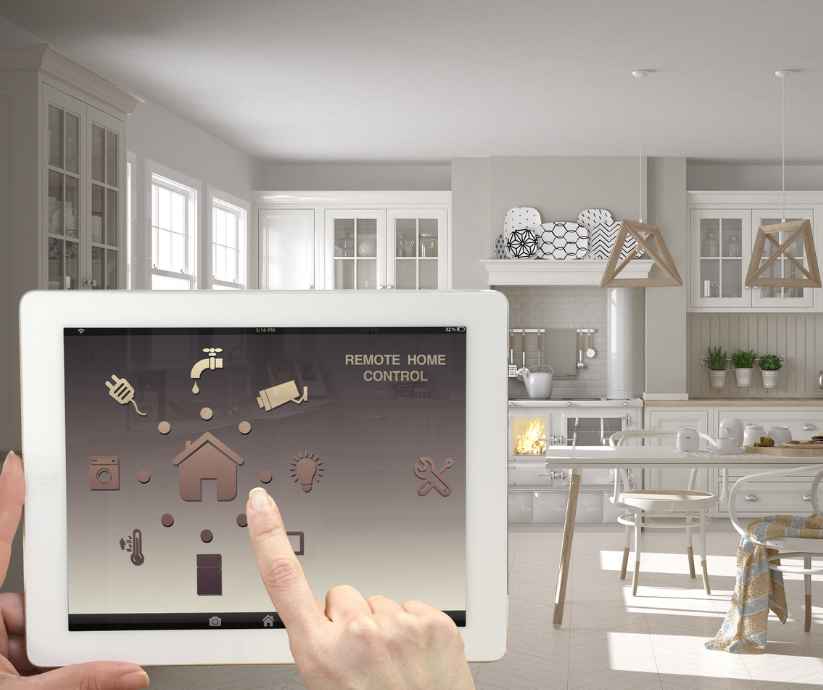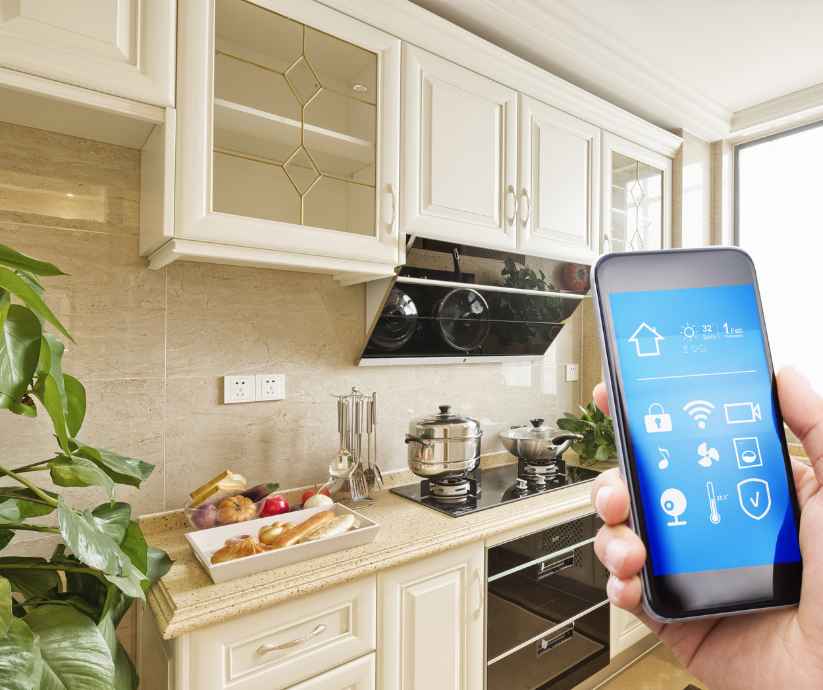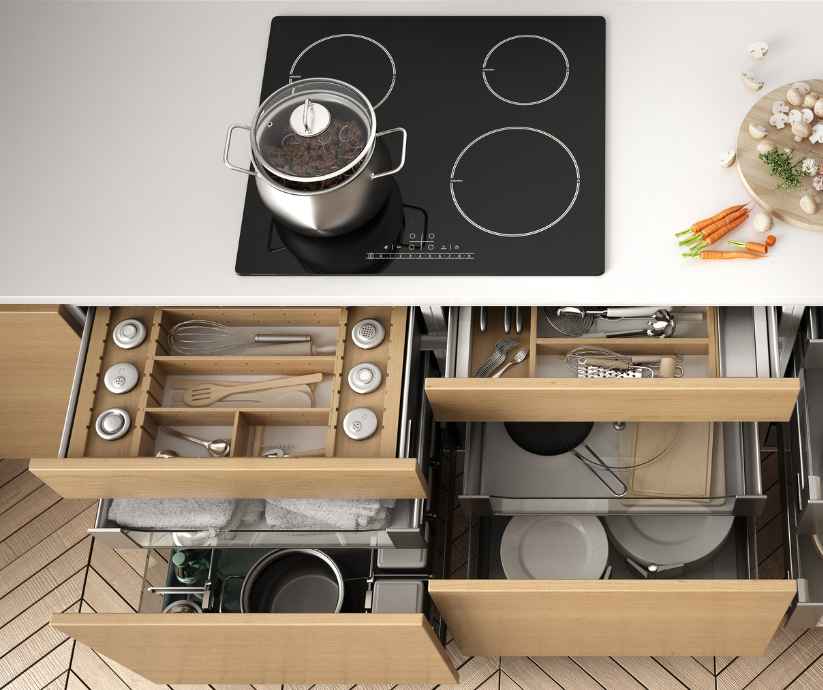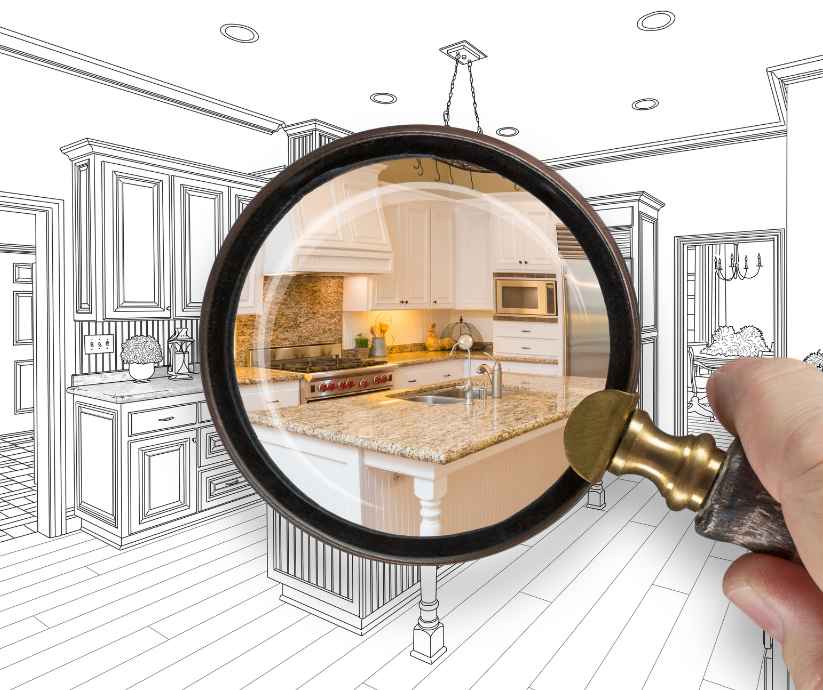In the rapidly advancing world of technology, our homes are becoming smarter, and the heart of our homes—the kitchen—is no exception. Smart kitchen design is revolutionizing the way we cook, eat, and interact with our culinary spaces. With the integration of cutting-edge technologies, innovative appliances, and intuitive interfaces, smart kitchens are enhancing convenience, efficiency, and sustainability. Let us explore the fascinating world of smart kitchen design and discover how it is reshaping the future of cooking.
Smart kitchen design places a strong emphasis on efficiency and connectivity. With intelligent appliances that can be controlled remotely, homeowners can preheat the oven, start brewing coffee, or even check the contents of the fridge from their smartphones. Integration with voice assistants like Amazon Alexa or Google Assistant enables hands-free control, further enhancing convenience and multitasking capabilities in the kitchen. In addition, interconnected devices can communicate with each other, allowing seamless automation of various tasks. For instance, the refrigerator can send a notification to your phone when you’re running low on groceries, and even place an order for you.
The marriage of technology and culinary artistry has elevated the cooking experience to new heights. Smart kitchen appliances come equipped with advanced features such as precision temperature control, guided cooking programs, and recipe suggestions based on available ingredients. Built-in cameras allow you to monitor your cooking remotely, ensuring perfection every time. Smart ovens can even adjust cooking times and temperatures based on the weight and type of food being prepared, taking the guesswork out of the equation. These innovations empower both seasoned chefs and beginners to experiment with new flavours and techniques while guaranteeing consistent results.
One of the most intriguing aspects of smart kitchen design is the collection and analysis of data. Connected appliances generate valuable insights into our cooking habits, ingredient preferences, and dietary needs. This information can be used to personalize recommendations, create shopping lists, and suggest healthy meal options. By harnessing the power of artificial intelligence and machine learning, smart kitchens evolve into personal culinary assistants, adapting to our tastes and lifestyles.
As technology continues to advance, smart kitchen design will undoubtedly continue to evolve, transforming our culinary experiences and revolutionizing the way we interact with our kitchens. From streamlining daily tasks to enhancing creativity and sustainability, the integration of intelligent appliances and interconnected systems offers endless possibilities. The future of smart kitchens holds the promise of healthier, more efficient, and personalized cooking experiences, empowering us to embrace our inner chef and enjoy the delights of the kitchen like never before.




